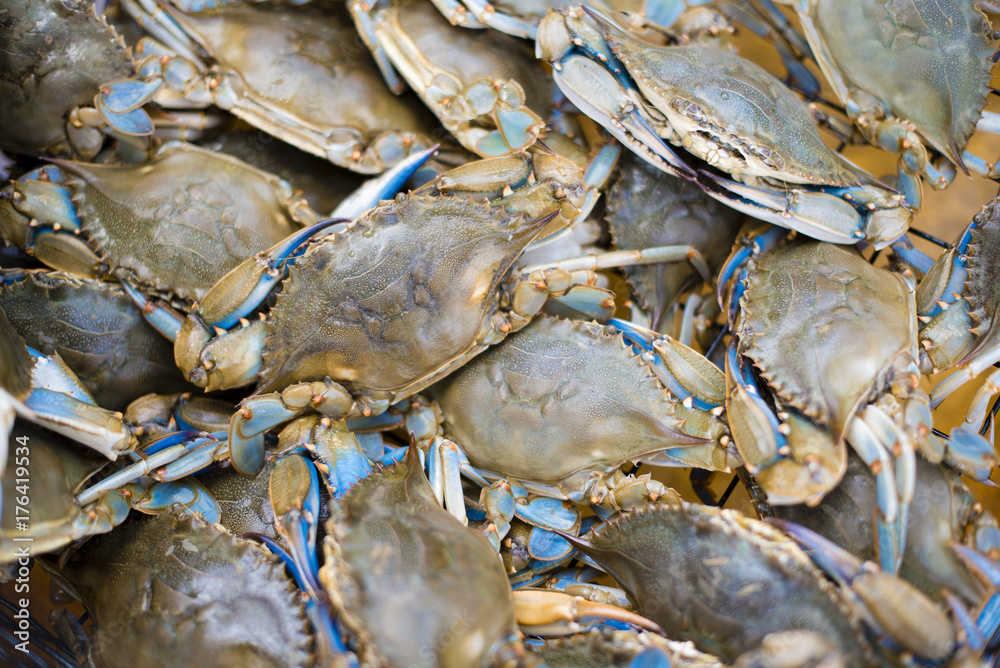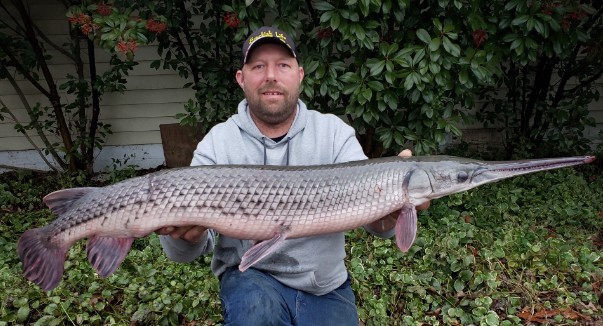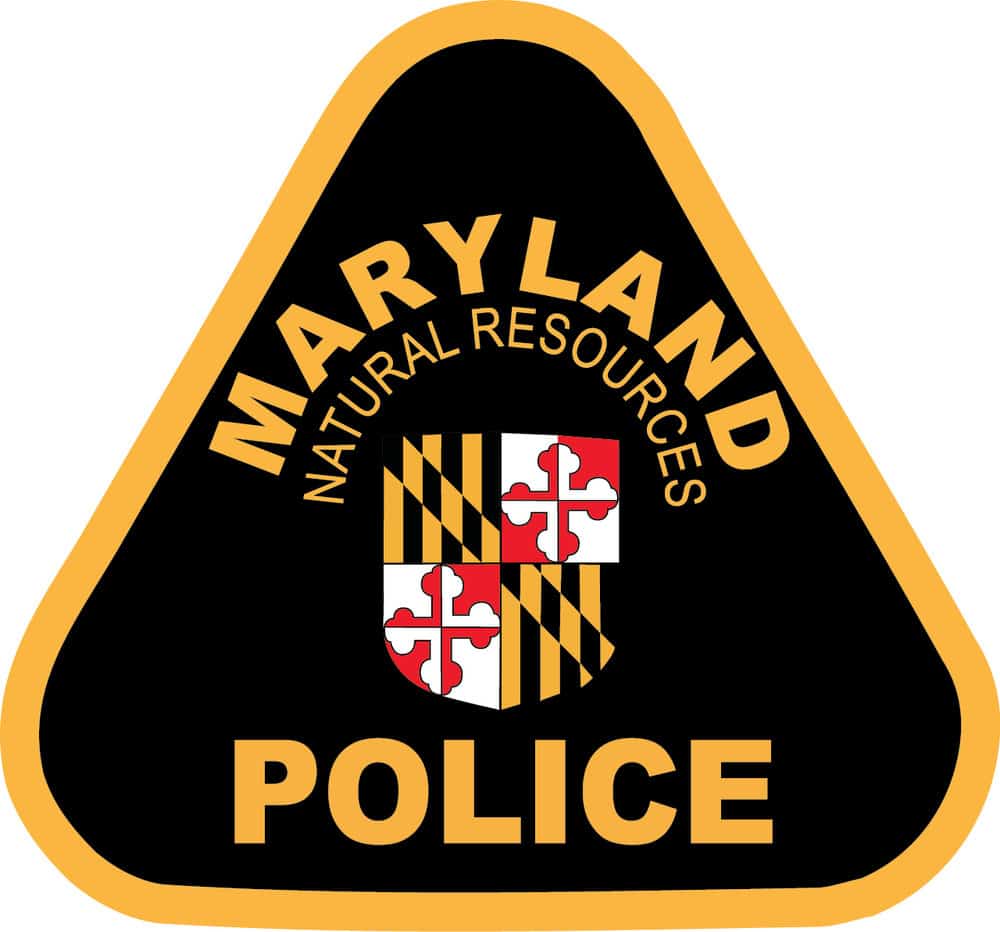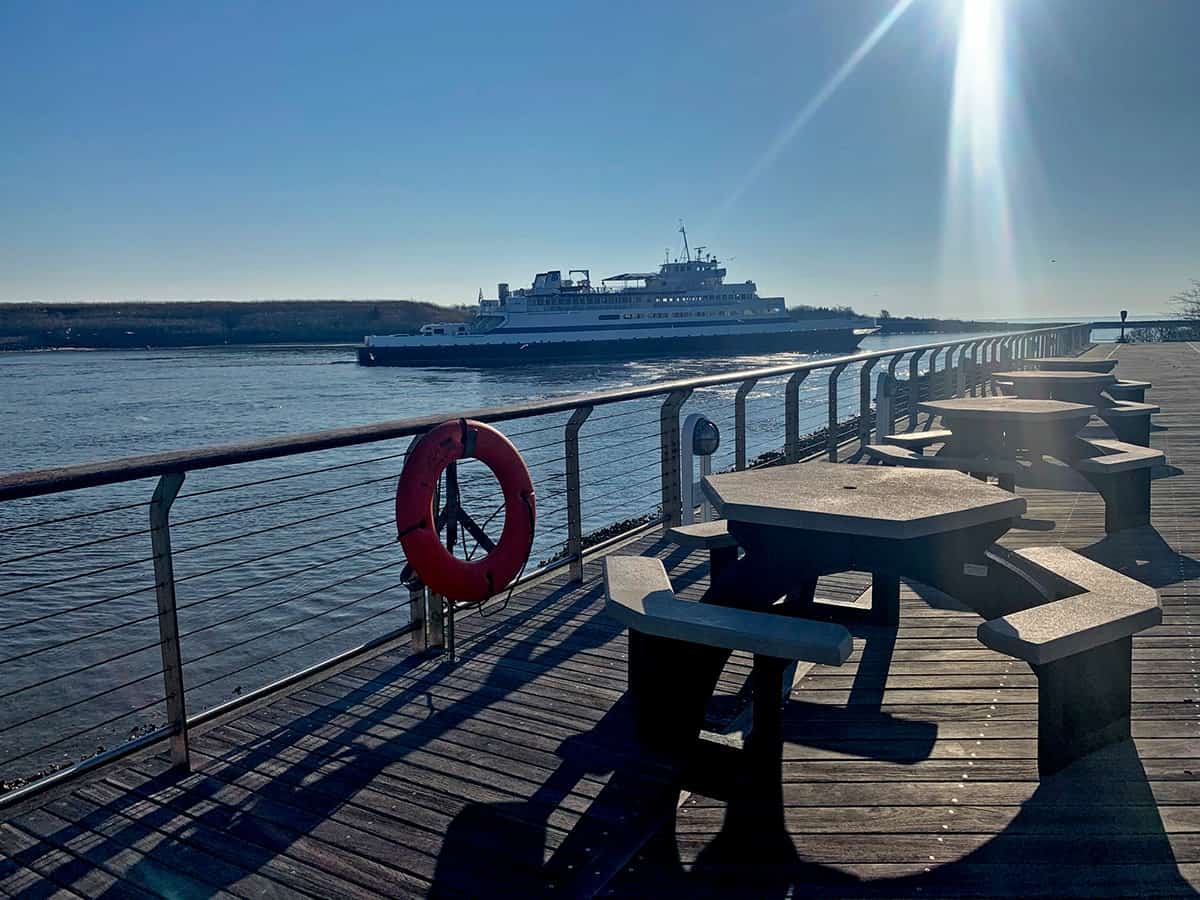A Tangier Island waterman could spend time in prison after he pleaded guilty to overharvesting Chesapeake Bay blue crabs in Virginia waters, then selling them in Maryland.
James Warren Eskridge, 45, is the son of Tangier Island’s mayor, James “Ooker” Eskridge.
Court documents from the U.S. Attorney’s Office, Eastern District of Virginia, say that the younger Eskridge harvested and sold blue crabs over the legal limit to a seafood buyer 16 different times in a one-month period.
During last spring’s crabbing season, Virginia’s maximum harvest limit for commercial crab boats was 27 bushels of blue crab per day, regardless of how many licensed crabbers were on the boat at the time. Eskridge operated the fishing vessel Rebecca Jean II with two mates out of Tangier.
On April 11, 2023, court documents show that investigators saw Eskridge and his mates offload 60 bushels, more than double the Virginia limit, on the mainland in Crisfield, Maryland. They returned to offload another 56 bushels. Then on April 13, they returned again and offloaded 58 bushels.
According to the U.S. Attorney’s Office, between March 20 and April 20, 2023, Eskridge did this 16 times, selling over the limit to the same seafood buyer in Crisfield. His harvests on those 16 days ranged from 32 bushels to 58.75 bushels. When investigators confronted him, documents show, Eskridge initially claimed he bought his over-the-limit crabs from a buyboat to sell on shore. But when investigators questioned that, he admitted all the crabs were his.
In federal court, Eskridge pleaded guilty to one count of knowingly transporting and selling blue crabs between Virginia and Maryland in violation of Virginia law, along with one count of knowingly making and submitting a false record.
Eskridge is set to be sentenced July 17, and faces a maximum penalty of five years in prison. Still, the U.S. Attorney’s Office notes that actual sentences for federal crimes are typically less than the maximum penalty. A federal district court judge will make that call.
The U.S. Attorney for the Eastern District of Virginia and the Office of Law Enforcement for the U.S. Fish and Wildlife Service announced the plea, noting that the Maryland Department of Natural Resources Police helped significantly in the investigation.
You can find more information on this case on the website of the District Court for the Eastern District of Virginia or on PACER by searching for Case No. 2:23-cr-141.




